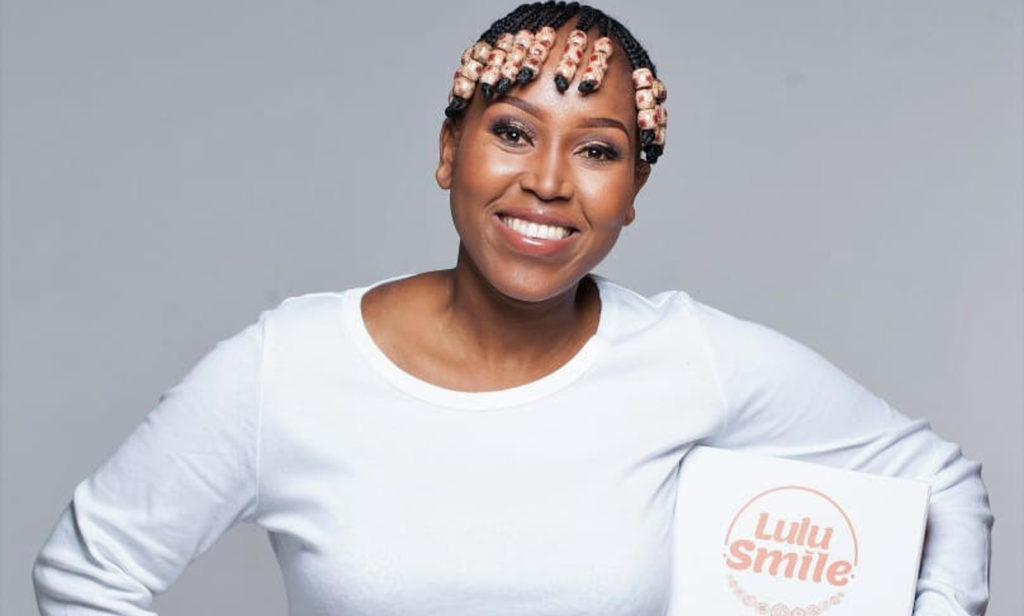Despite running running an award-winning medtech startup, Nneile Nkholise still finds it hard and often lonely being a black woman in the sector.
“You always have to try and prove the narrative wrong that women, and black women cannot start a successful company,” says Nkholise, 27, who is the founder and CEO of Johannesburg-based medtech startup iMed Tech.
No ad to show here.
“You find out (about the doubt) in the questions that they (investors) ask you, they want you to prove your worth and work,” she says.
Nkholise — who was one of the speakers at French tech summit VivaTech held last week — founded iMed Tech in 2015. The company produces and supplies medical specialists with medical prosthesis, bio-implants, dental aligners and custom made surgical planning models.
‘You always have to try and prove the narrative wrong that women, and black women cannot start a successful company says iMed Tech founder’
Besides winning the SAB Foundation Social Innovation Awards in 2015, iMed Tech is a finalist of the 2016 Gauteng Accelerator Programme, while Nkholise also participated in the 2016 Discovery Entrepreneurs Medtech Silicon Valley Programme.
Added to this, the Master’s graduate in mechanical engineering, says it’s “very hard” being a black woman in medtech because there are so few success stories of such women succeeding in the sector.
“As a result it’s difficult to get guidance from other black women,” she says, adding that because there are so few success stories of black women in the sector, she also experiences “a lot” of doubt from investors over her company.
Started company to address challenges
Nkholise says she has always had a strong attachment to the medical field.
She drew the idea for iMed Tech from her Master’s research in mechanical engineering at the Central University of Technology, Bloemfontein. Her research looked at the application of additive manufacturing in the fabrication of facial prosthesis.
“I started the company because I saw many challenges in the medical sector that could be solved by creating a strong collaboration between engineering and medicine to create solutions that are unique and custom made to fit each person,” she explains.
Initially bootstrapping the company, with her mother chipping in with funding too, Nkholise says she has been “lucky” to receive R350 000 from the SAB Foundation, R100 000 from Liquid Telecom, and $5000 from the Tony Elumelu Foundation.
Since it became operational in 2016, the startup which employs seven people, has generated about R1.1-million in (cumulative) revenue. However, the company is yet to secure any funding from investors.
“We are still in the process of securing funding through various institutions to help the stage where we are because we are scaling and need more resources to help our growth,” says Nkholise.
Nkholise is also a Tony Elumelu Foundation (TEF) fellow. “TEF offered me a wealth of knowledge that one could not have easily gotten anywhere else. The foundation also gave me lots of exposure in Africa because it is an honour being associated with Tony Elumelu’s brand,” she says.
‘Targeting 10X revenue’
Her company, she says, has experienced good growth in sales this year. This after the company spent the past two years focusing on a combination of product development and testing.
“This year has been fully about scaling and we are targeting 10X growth in revenue as compared to our previous year’s revenue,” she says.
Last year in November, after a testing and pilot period, iMed Tech launched its breast prosthesis product aimed at women who have had a mastectomy due to breast cancer.
“Most of our focus right now is in dentistry as a subset of the company and we are working towards the launch of our full 3D printing dental laboratory that will enable easy custom-made product development for people requiring dental work,” she says.
“We are doing clear dental aligners as a replacement for metal braces and we also work with some medical specialists in creating surgical planning models for them,” she adds.
Investors showing interest in sector
She says the biggest challenge her business has faced is around educating potential customers about her company’s offerings.
“Beyond just selling a product, we need to educate the potential market because we are playing in a relatively new market and it entails a lot of education so that our potential customers can know about our product solutions,” she says.
She believes that for one to be successful in medtech, beyond being passionate about tech, one needs to also have a passion for helping people.
“Because in medicine, human life is very important and one should always have human life at the centre of their company’s mission and vision,” she says.
And things, she believes are looking up for the sector.
Says Nkholise: “We are seeing a lot of investors who are starting to show a keen interest in this sector, because a lot are starting to realise that health is directly proportional to economic growth. To keep a country performing well, you need to invest in the health of people leading the country.”
Featured image: iMed Tech founder and CEO Nneile Nkholise (Supplied)
